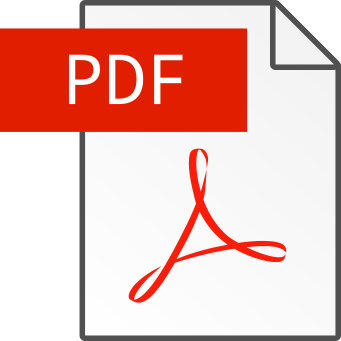
ClauseBase is joining LawVu! 🚀 Read on!


Solutions
For banking & finance
The Ultimate Legal Drafting Toolbox
For employment lawyers
The Ultimate Legal Drafting Toolbox
For corporate and M&A
The Ultimate Legal Drafting Toolbox
For commercial lawyers
The Ultimate Legal Drafting Toolbox
For in-house legal teams
The Ultimate Legal Drafting Toolbox
The Ultimate Legal Drafting Toolbox
Legal Ops


First draft generation
Create perfect documents in minutes
AI-assisted reviewing & proofreading
Find & automatically fix problems in your documents
AI-assisted drafting
Your specialised drafting workbench
AI document analysis
Turning complex legal documents into clear answers
Clause finder
Tap into your drafting history
Compare
The best way to compare legal documents

Platform

ClauseBuddy is an AI-powered drafting toolbox that lives inside MS Word and Outlook.

Clause9 is the most powerful legal document automation software on the market.
Technical information
More information about the technical and security aspects of our platform








